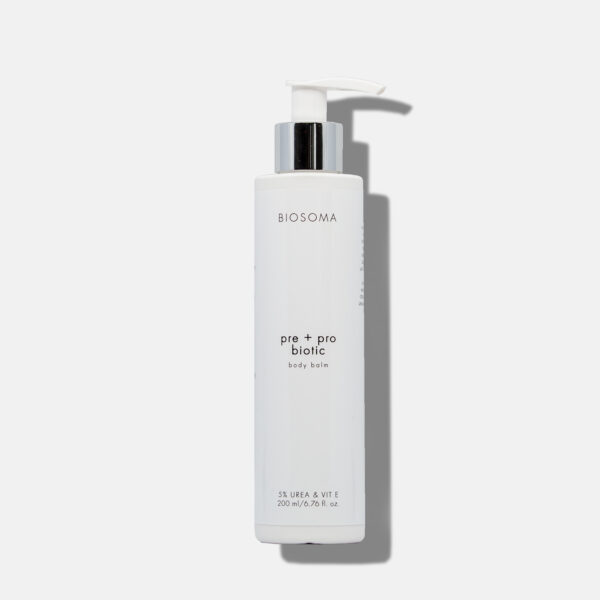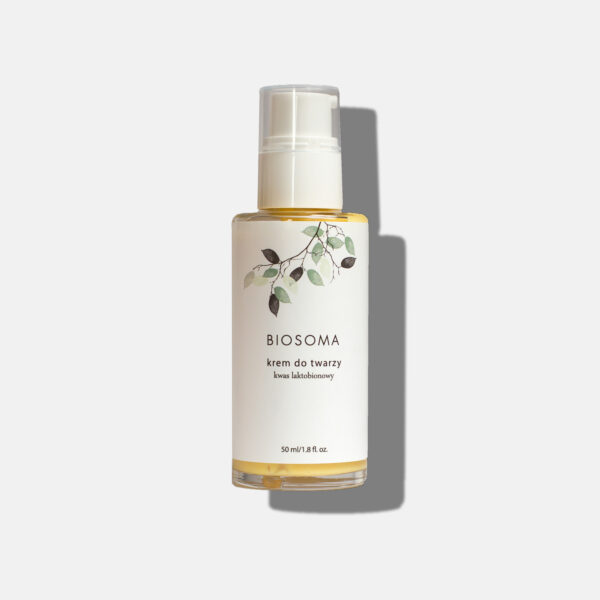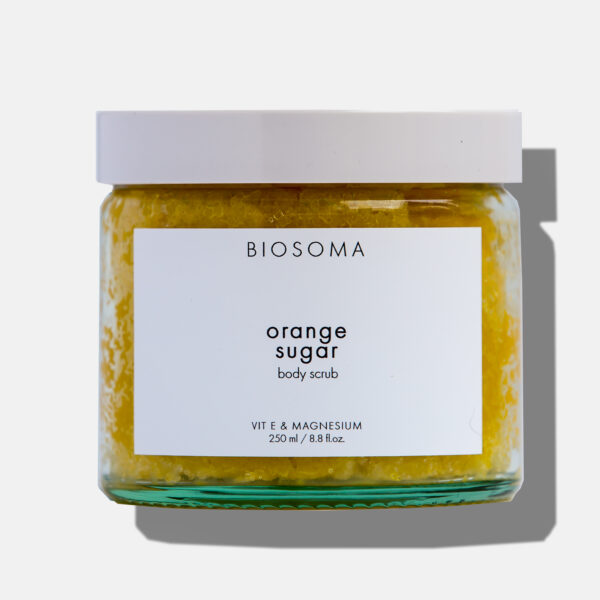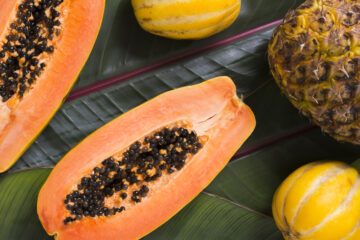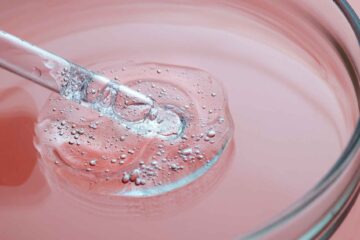Discover the Power of Orange Essential Oil: The Latest Scientific Discoveries
Essential oils have been prized for centuries for their many health and therapeutic benefits. Orange oil, which is a rich source of d-limonene, stands out especially for its broad spectrum of effects. In recent years, many studies have been conducted that confirm its numerous health benefits. Below are the latest scientific findings on d-limonene, the main component of orange oil.
Methods of obtaining orange oil
Orange essential oil is obtained from various parts of the Citrus Sinensis plant. The extraction process involves several key steps:
1. extraction by means of cold pressing
The most common method of extracting orange essential oil is cold-pressing the peel of an orange. This method involves mechanically squeezing the peel to release the essential oil. This process preserves all the natural properties of the oil, as it does not use high temperatures that could damage the delicate chemical compounds.
- Picking the fruit: Ripe oranges are harvested and their skins are separated from the flesh.
- Washing and drying: The peels are thoroughly washed and dried to remove any impurities.
- Cold pressing: The peels are mechanically pressed to release the essential oil. The process involves crushing the peel and then centrifuging the oil to separate it from the rest of the fruit.
- Filtration: the oil is filtered to remove all impurities and particulates, leaving pure essential oil.
2. distillation with steam
Although cold pressing is the most common method, steam distillation is also sometimes used. This process is more complicated and less commonly used for citrus oils, but can be used to extract oils from other parts of the plant, such as leaves or flowers.
- Harvesting and preparing the plant: Whole plants or parts of plants are harvested and prepared for distillation.
- Distillation: the plant is placed in a special distillation apparatus, and steam is passed through the plant material. The steam passes through the plant, taking the volatile compounds with it.
- Condensation: water vapor along with essential oils is condensed in a cooler and then separated in an oil separator.
- Collecting the oil: The essential oil is separated from the water and collected for further use.
Orange oil under the magnifying glass of scientists
In recent years, scientists have increasingly been looking at the therapeutic compounds that are contained in essential oils. They are studying their effects on the metabolism of the cells of living organisms, including humans, and the results are giving hope to sick people.
Anticancer Properties of d-Limonene
D-limonene is being studied for its anticancer properties. Studies have shown that it can inhibit the growth of cancer cells and induce apoptosis, or programmed cell death, through various molecular mechanisms. Examples include slowing the growth of cancers of the pancreas, stomach, colon, skin, lung and liver (https://www.ncbi.nlm.nih.gov/pmc/articles/PMC5894671/).
Gastroprotection and Gastrointestinal Support
D-limonene supports the health of the digestive system, particularly in the context of gastroesophageal reflux. It has been shown to support the restoration and protection of the gastric mucosa, which is crucial for those suffering from heartburn and other digestive ailments. In animal studies, d-limonene increased the production of protective gastric mucus while inhibiting pro-inflammatory prostaglandins.
Supporting the Immune System and Counteracting Candidiasis.
D-limonene exhibits immune system-supporting properties, including antifungal activity. Studies have shown that d-limonene inhibits the growth of Candida albicans, by inducing oxidative stress and apoptosis in the fungus’ cells, without damaging healthy tissues. This is particularly important for maintaining a healthy balance of the microbiome.
Neuroprotection and Brain Health
D-limonene also offers neuroprotective benefits. Studies indicate that it may improve cognitive function by inhibiting enzymes that break down acetylcholine, a key neurotransmitter associated with memory. In addition, d-limonene may reduce oxidative stress and inflammation in the brain, which may have benefits in the context of neurodegenerative diseases.
Metabolism Support and AMPK Activation
D-limonene also supports healthy metabolism by activating the AMPK pathway, which regulates energy production and cellular metabolism. Activation of AMPK by d-limonene can help maintain a healthy weight, HDL and LDL cholesterol levels, and triglycerides.
Antioxidant Protection and Cardiovascular Support
D-limonene exhibits strong antioxidant properties, protecting the heart, lungs, liver and other organs from oxidative stress. Studies have shown that d-limonene can improve levels of antioxidants such as SOD and glutathione, while reducing inflammatory markers such as IL-6 and TNF-alpha.
Orange oil in cosmetics
The composition of our cosmetics is refined down to the smallest detail. Individual ingredients are added in a way that they work synergistically and do not block each other. In addition to great care properties, our cosmetics support and care for the whole body – after all, we are BIOSOMA 🙂
SIGN UP FOR THE NEWSLETTER, BECAUSE IT’S WORTH IT!
You’ll get a 10% discount on your first order, and from time to time an email with BIOSOMA news and promotions – exclusively for subscribers.

